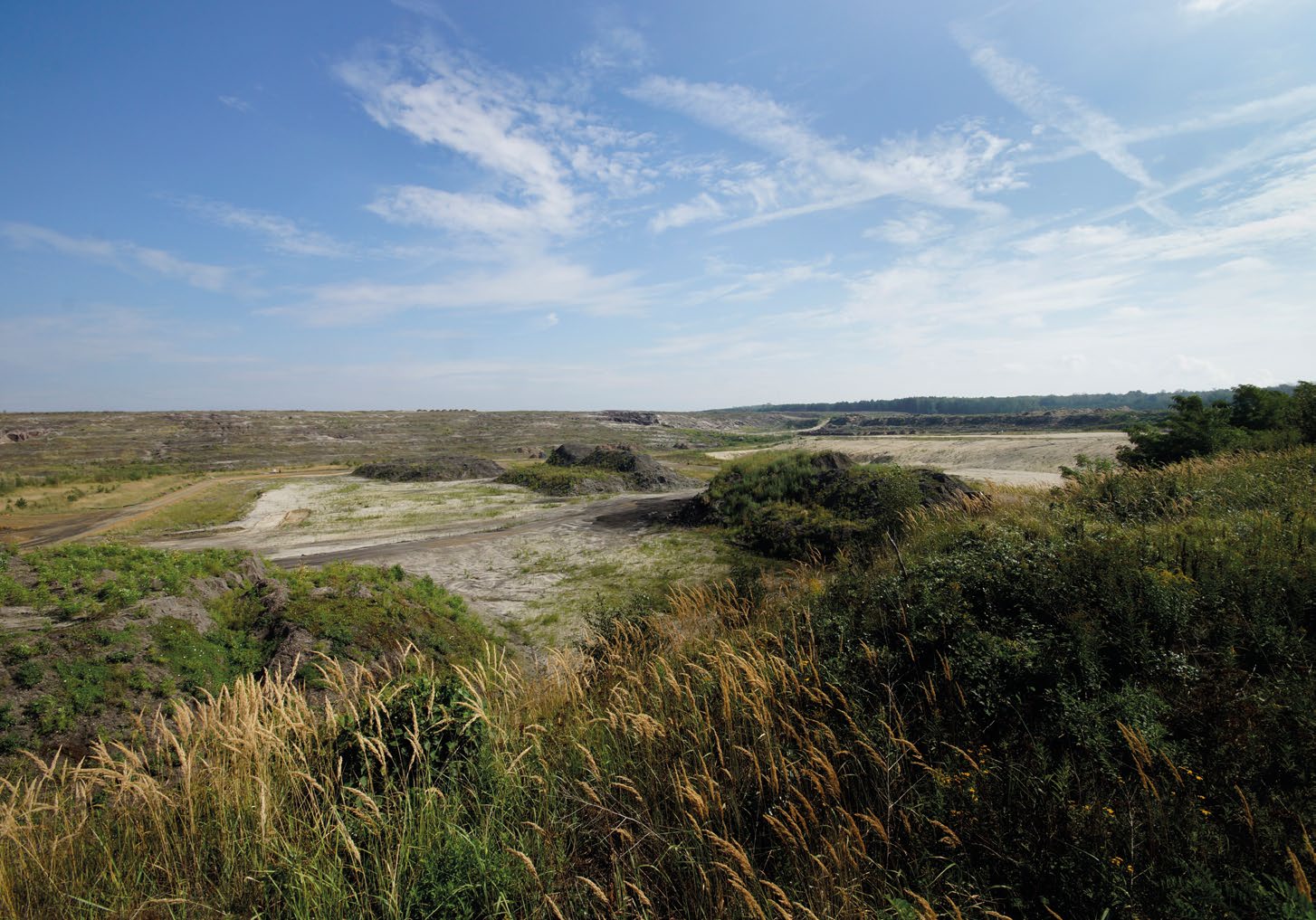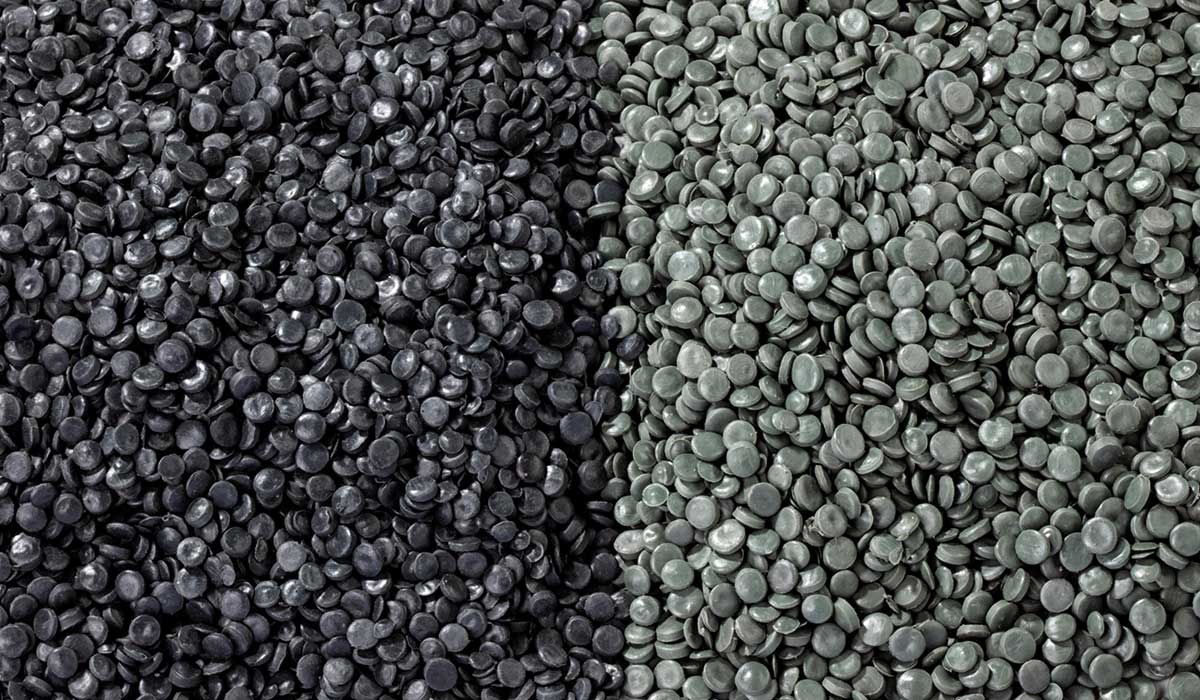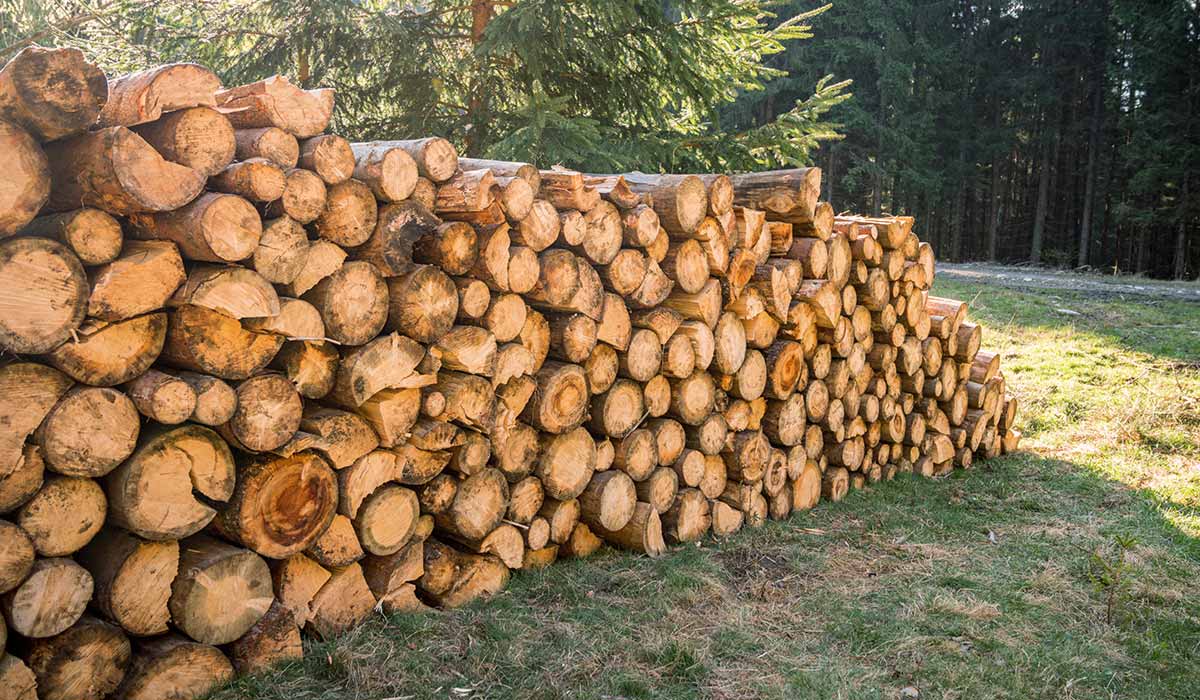
Thinking about tomorrow today...
... and take responsibility
Environmental protection and the scarcity of resources are the dominant topics of everyday life - both professionally and privately. This is not only shown by the previous article "Plastic as a raw material". If you look at the issues holistically, you quickly realise that something is happening, but the potential has not yet been exhausted. It is not only the big picture, but also the individual building blocks that move the "material cycle" system forward.
As a waste management company, Lobbe has a very special task: to take responsibility. For the people involved as well as for the further development of the environmental service branch. This means questioning the status quo and actively initiating change. Experience is one thing, looking ahead is another. Lobbe has been active in the industry for more than 66 years and during this time has developed into an important part of the German resource economy. But progress is not over. The expansion of the company's own value chain and the completion of product cycles steer its activities. This is also shown by a look at the implementation of the waste hierarchy, especially with regard to the avoidance of waste and recycling. Because this is where a waste management company can provide support.
Education and waste prevention
Of course, the best waste is the waste that doesn't accumulate in the first place. But does that suit a waste disposal company? And how! Because for an environmental service provider, resource conservation is the top priority. The best way to achieve this is to avoid surpluses, i.e. avoidable waste. A central component in this context is consumer education. This begins with playful environmental education in schools and continues in open dialogue with municipalities and their citizens. Consumers should not associate the topic of waste with a book with seven seals. It should be an exciting topic that is fun and makes sense. This also includes the correct handling of waste that cannot be avoided. Because a society without waste is inconceivable today. In 2017 alone, an average of 462 kilograms of household waste was produced per capita in Germany. But not all waste is the same. Many of the materials can be recycled. It is therefore all the more dramatic that, according to a Forsa survey, almost 40 percent of all respondents assume that waste will only be incinerated. "In the end, everything is thrown together anyway," is a widespread misconception. Counteracting such prejudices is part of the educational work. After all, preparation for the best possible recycling begins at home with correct separation. The fact that there is still room for improvement is shown by the example of light packaging from the yellow bin or the yellow bag. The national average of the collected sorting residues is 30 to 40 percent by mass of the input. This could be much better!
No less important is the work with the so-called distributors of such packaging. Because this is where the product cycle begins. The demands on packaging design are correspondingly high. Unfavourably designed packaging cannot be recycled. For example, packaging made of different layers of material or with a high proportion of soot for blackening is problematic. Not all packaging manufacturers are aware of the problems for subsequent recycling. However, when the Packaging Act comes into force in 2019, stricter requirements will apply, among other things to recyclability. It's good if there's someone on hand to help the manufacturers who knows the ropes. Preferably someone with practical experience. Lobbe is such a person. A logical consequence of this responsibility is therefore the recently announced participation: Lobbe will become a co-partner of the dual system Zentek. Zentek has been in existence since 2007 and, as an association of medium-sized waste disposal companies, has been providing intensive support to packaging distributors from licensing to recycling of the packaging. This also includes the dialogue and exchange of experience between all those involved - also with regard to ecological and economic objectives. Not all materials that are suitable for recycling meet the required durability of the product or can keep up in terms of material costs. In such cases, someone is needed to keep track of the options that combine the economic with the ecological. Because quite often these are not mutually exclusive!
The second state-of-the-art sorting system, the MEILO, was launched in 2018. went into operation.
Sorting
Once the packaging is in circulation, sooner or later it ends up in the rubbish. The examples of the two Lobbe sorting plants show what is then possible. A total of 215,000 tonnes of packaging waste from the yellow bin or the yellow sack are processed for recycling at the two locations in Iserlohn and Gernsheim. Both plants are equipped with state-of-the-art technology. The sorting plant in Iserlohn has shown what can be done: There, 50 per cent by mass of the input is subsequently recycled. That is far more than the national average. In Gernsheim, additional sorting capacities for the Hesse, northern Bavaria, Baden-Württemberg and Rhineland-Palatinate regions were created in a partnership with the waste management company Meinhardt Städtereinigung (MEILO). In addition to the classic sorting fractions, a new sorting/product fraction is sorted out in this plant: small-format PP and PE films, in short MPO-Flex (flexible mixed polyolefins).Recycling
The example of the PET tray shows that different, closely interconnected types of plastic are not as easily melted down and reused as types of plastic that are separated by type. This also applies to films. The polyethylene material is often contaminated with labels or food and cannot be easily reprocessed. A few specialised companies are nevertheless able to solve this problem technically. One of these companies is Folienveredelung Hamburg (FVH) based in Schwerin - an associated company of Lobbe Entsorgung West GmbH & Co KG. FVH is considered a specialist in the recycling of soiled and mixed plastic films as well as mixed plastics - i.e. all plastics that cannot otherwise be assigned. First, the films are cleaned in several steps: Precisely metered friction is applied, a process that is already used in wood, paper and metal processing. In combination with a highly turbulent water flow, the plastic waste is freed from adhering organic dirt particles and adhesive substances. Chemicals such as caustic soda, which are used in conventional recycling, are not needed here. The cleaning process also dissolves substances that even caustic soda cannot remove.Michael Wieczorek during his lecture in Berlin.
Critical questioning
The circular economy has made great strides forward in recent years. New processes make it possible to increase material recycling. However, the whole system only works in the overall context. Taking responsibility therefore also means questioning critically, initiating open discussions and going beyond what is expected. This opportunity was offered, for example, on 6 December 2018 in Berlin. Under the auspices of the Federal Ministry for the Environment, Nature Conservation and Nuclear Safety (BMU), representatives from politics and industry met at the conference "Recyclability and Secondary Raw Material Use in Packaging".The central topic was the Packaging Act, which has been in force since 1 January 2019. Michael Wieczorek, Managing Director of Lobbe Entsorgung West GmbH & Co KG, has a clear opinion: "The Packaging Act is a step in the right direction. Manufacturers need an incentive if they use recyclable packaging. This can be done by structuring the licence fees. But the consumer must also participate - with the help of the dual systems. More public relations work is absolutely necessary! In the long term, we have to ensure that the rate of waste disposal is significantly reduced. Of course, we as waste management companies must also look at ourselves. We must not only maintain the state of the art, but continuously develop it so that even difficult fractions can be better recycled." So it remains to be said: It remains exciting in the circular economy. But the direction has been set. Now it is up to the stakeholders how quickly the potential is realised.

